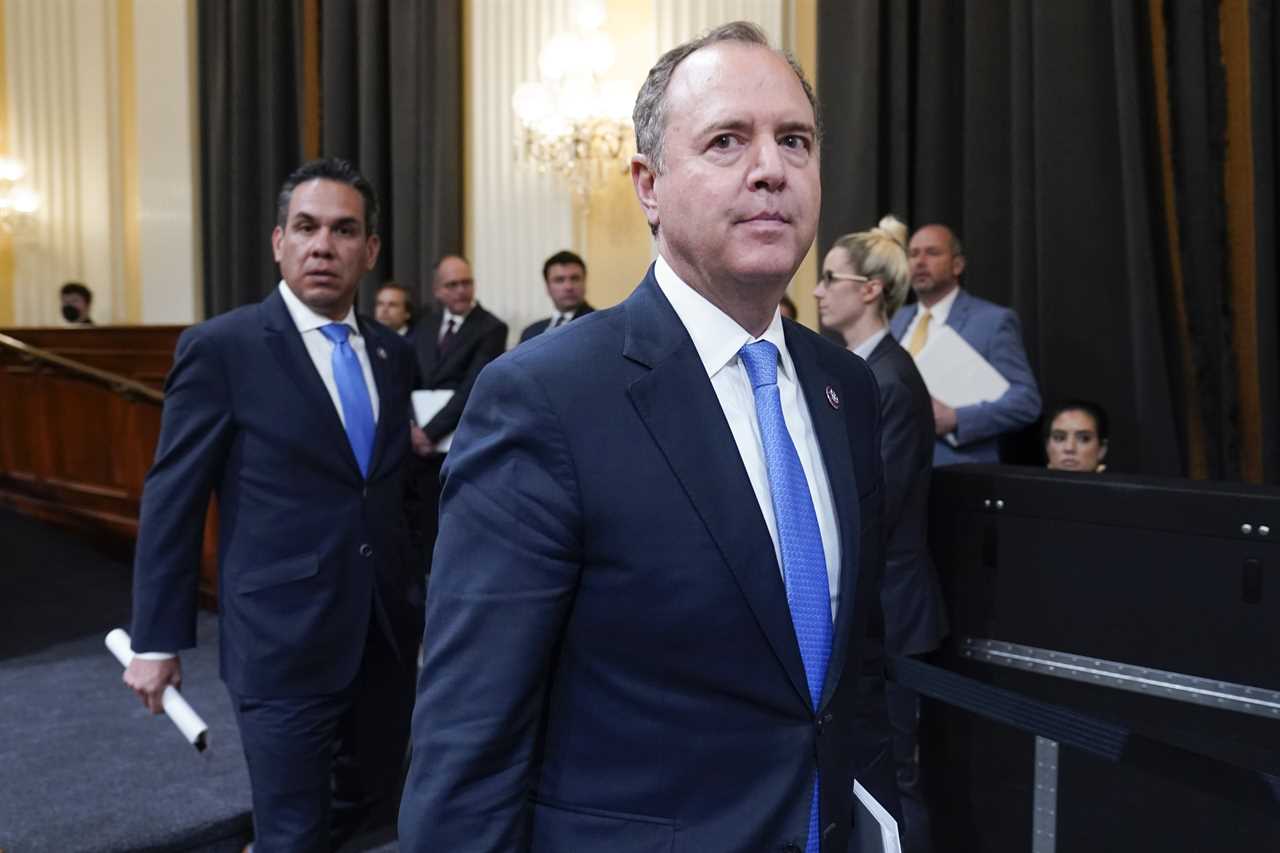
Discontent is rising among House Democrats over internal rules that could allow their committee chairs to remain in the influential posts for decades — while younger members are forced to bide their time.
While House Republicans have a six-year cap for their top members on committees, the chamber's Democrats lack term limits — and as potential rising stars look to assert themselves in the next Congress, a generational schism is threatening to burst.
The vehicle for the grumbling is a recent caucus rules change proposal by Rep. Bill Foster (D-Ill.) that would act as a form of term limits, requiring any committee chief to survive a secret-ballot vote in order to serve more than three terms. Younger Democrats who support Foster’s plan for more leadership turnover have powerful opponents, though: senior members of the Black and Hispanic Caucuses, where members have long cheered seniority-based positions that keep the chair ranks diversified.
“I understand there's a need to share, particularly with a much younger caucus that we have. But I think that penalizing members for being ranking members while they're in the minority at the expense of an opportunity to be a chairman — I don't think that's fair either,” said Natural Resources Committee Chair Rep. Raúl Grijalva, who plans to vote against the change.
In fact, Democrats on both sides of the term-limits debate agree that Foster’s proposal is unlikely to pass a caucus-wide vote when it’s expected to come up this week. An internal caucus panel did not recommend that House Democrats approve the change.
Even so, the idea has kicked off a sometimes-awkward discussion in the caucus about the future of its leaders and where to channel younger members’ ambitions after House Democrats' top three leaders ceded their power to a trio that's several decades younger. A spokesperson for the incoming Democratic leader, Rep. Hakeem Jeffries (D-N.Y.) declined to comment on the rules change.
“The whole crux of it is, ‘How do we get more leadership opportunities for a very talented Congress?’” said Rep. Pramila Jayapal (D-Wash.), chair of the Congressional Progressive Caucus. Jayapal added that she installed limits for occupants of her progressive caucus post “because I think it's a good thing to keep moving people through” the ranks.
Illustrating the complexity of the term-limits debate, some Democrats have privately complained that Jayapal herself ignored her own two-term limit by starting a second term as sole chair without counting a third when she co-chaired the progressive caucus. She's pledged to make this term her last and to assist with a transition to a new liberal leader.
Despite years of complaints about the lack of opportunity for younger, ambitious members, many were publicly noncommittal on the proposal. Rep. Debbie Wasserman Schultz (D-Fla.) said she sees "the pros and cons" and is "not certain where I will land." Hispanic Caucus chair Rep. Raul Ruiz (D-Calif.) said: “it’s a tricky one and it’s difficult.”
“I do know there are people who are very interested in having an opportunity to become chair, and I do know that their seniority really matters to a lot of individuals, including the [Congressional Black Caucus] and [Congressional Hispanic Caucus] and others,” he said.
Even Rep. Alexandria Ocasio-Cortez (D-N.Y.), a vocal skeptic of Democrats’ seniority-based systems, largely declined to comment and said: “I look forward to hearing the presentation.”
Term limits haven't exactly been a smooth ride for Republicans. In recent days, they’ve caused some turbulence in the GOP conference after leadership granted Rep. Virginia Foxx (R-N.C.) a waiver to continue helming the Education and Labor Committee, prompting Republicans to rethink their own rules.
Foster has pitched his proposal as a compromise between those who might want strict term limits like Republicans and Democrats’ current system of no term limits at all. Strict limits weren’t “good policy for the caucus,” he said in an interview, because “there are a number of sitting committee chairs or ranking members that deserve to serve longer than six years.”
Despite the lack of recommendation by an internal House Democratic panel charged with assessing rules changes, Foster still planned to bring it up for his colleagues to debate, calling it an “overdue” caucus-wide conversation. Democrats used to have a term-limit system and ditched it in 2009 after retaking the majority, but lawmakers “didn't realize the implications of that,” he said.
The Illinoisian acknowledged the concerns of some existing committee heads, who feared they could be barred from heading a committee due to time serving in the minority. But he stressed the proposal was “not a hard term limit” and encouraged his colleagues to make their own arguments to the caucus to keep their gavels.
And even some current chairs support Foster's approach. Rep. Adam Schiff (D-Calif.), current chair of the House Intelligence Committee, cited the need to bring younger Democrats up through the ranks.
“I support term limits,” said Schiff, who is eyeing a Senate run. “I think there’s a lot of talented, new and sort of mid-level members who want to have a chance to rise.”
Others remain unconvinced, arguing the current system works just fine.
“Talking about accountability — that's in place. You talk about participation by members, both senior [and non-senior]. That’s in place,” said Rep. Gregory Meeks (D-N.Y.), who chairs the House Foreign Affairs Committee. “So to me, the Foster amendment does not make any sense.”
----------------------------------------
By: Nicholas Wu
Title: Term-limit plan sparks generational battle among House Dems
Sourced From: www.politico.com/news/2022/12/12/house-dems-term-limits-generational-shift-00073306
Published Date: Mon, 12 Dec 2022 04:30:00 EST






